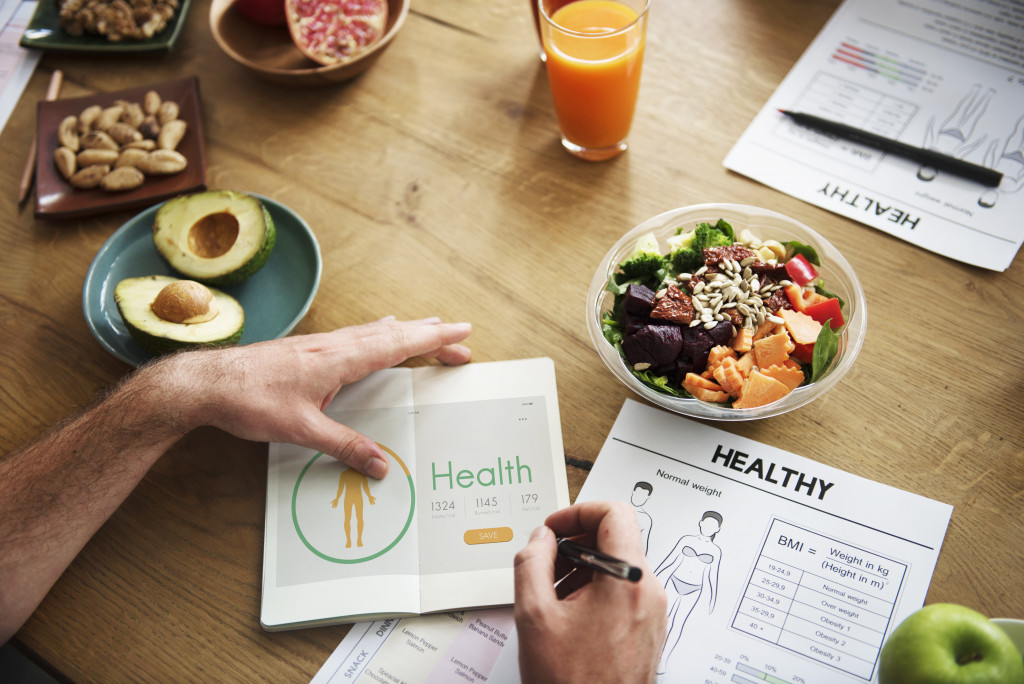In a world obsessed with consumption and beset by recent recessions, it seems as though our existence revolves around making money. But we need to refocus our priorities on health as the ultimate lifetime investment.
Money can’t buy you happiness, but it’s certainly necessary to make a living. For some, that issue lies at the heart of the events in 2020, including the election itself. Do we save lives or the economy?
No matter where you stand on this issue, recent years’ events and trends accentuate one point: our health is our long-term wealth. Here’s why you need to treat it as the biggest investment of your life.
Burgeoning healthcare costs
In theory, as we grow older, we gain wisdom and experience. Our skills develop, and we are better able to master aspects of adult living. This, in turn, helps offset the inevitable decline in our physical attributes that comes with time passage.
The reality is often very different, however. Incomes don’t always match the rate of inflation. And healthcare costs in the US have increased steadily over the decades. It’s partly due to government policy, but the problem is compounded by the fact that our population is growing and aging while collectively taking poor care of their health.
As you age, your finances are supposed to go towards long-term goals, such as paying for home loans, a child’s tuition, or your own higher education. Instead, individuals with poor health find themselves struggling to cover large medical expenses.
The increasingly common solution is to have younger generations take care of their elders, a role that they fulfill in traditional societies. But in the modern world, this ultimately cripples the potential for millennials and younger cohorts to earn and be productive.
This is not to say that old people are to blame for their health problems. Genetics play a huge role, and age will invariably take its toll. But most people could enjoy drastically improved outcomes and lower medical bills if they made better efforts to take care of their bodies over the years.
Maximizing life experiences
Taking care of one’s health also makes sense due to another factor associated with the modern age: time.
Our average life expectancy has increased thanks to advances in medicine and our knowledge and practice of hygiene . This, in turn, means that everyone, in general, can look forward to a longer retirement period.
From this perspective, one’s health isn’t just an investment. It’s an asset whose value tends to depreciate over the years and yet must somehow be stretched out over more time than we have historically come to expect.

Better health translates to improved quality of life. And it’s not just because you get to save on medicines or trips to the ER.
Good physical fitness and a sound mind will both put you in a position to really make the most out of so-called ‘experiential purchases.’ And research has shown that we derive more happiness from experiences compared to material purchases.
These include traveling to another country, exploring the outdoors, attending events, or participating in new activities. Over time, how many of these opportunities will you miss due to poor health, especially as you age? You might effectively end up curtailing your long-term happiness by neglecting your physical and mental health.
Covid-19 underlines inequalities
As it has in so many other areas, the pandemic manages to expose flaws and emphasize inequalities while accelerating existing trends in healthcare.
Studies have repeatedly shown that not all demographics are at equal risk for the coronavirus. We have seen seniors and marginalized groups incur a higher incidence of infection and suffering more severe effects.
The factors of age and poverty are both detrimental to one’s health. And naturally, the focus of this spotlight should be on how society can do more to address inequality and provide better care for the poor and elderly.
Yet such things and the matter of finding a cure for the coronavirus itself are out of the individual’s hands. Once again, we are not to blame for being at a higher risk of infection or exposure. But we need to recognize that we can take measures to be more resilient to Covid-19 or any other disease.
The pandemic will come under control at some point. We all hope for that to happen sooner than later. But the takeaway remains: prevention and promotion of health are the best cure.
Do everything you can throughout your life to be more physically active, eat a balanced diet, and take care of your mental health. Despite any external factors or existing predispositions, you’ll be a happier, healthier, and longer-lived person than the version of yourself who neglects such precautions over the years.




